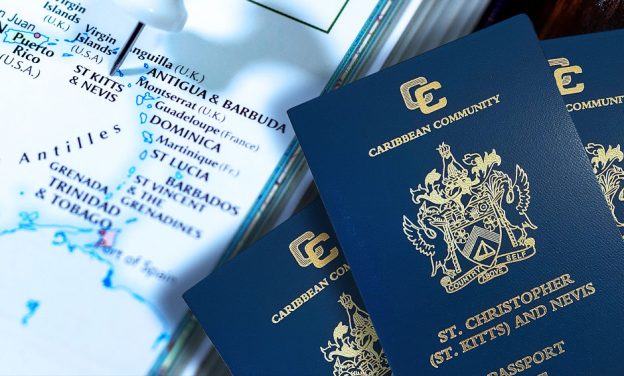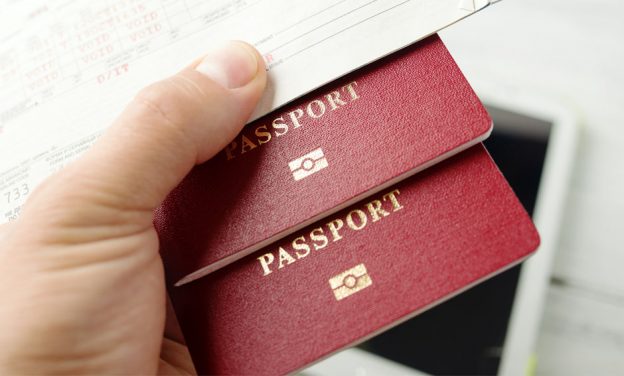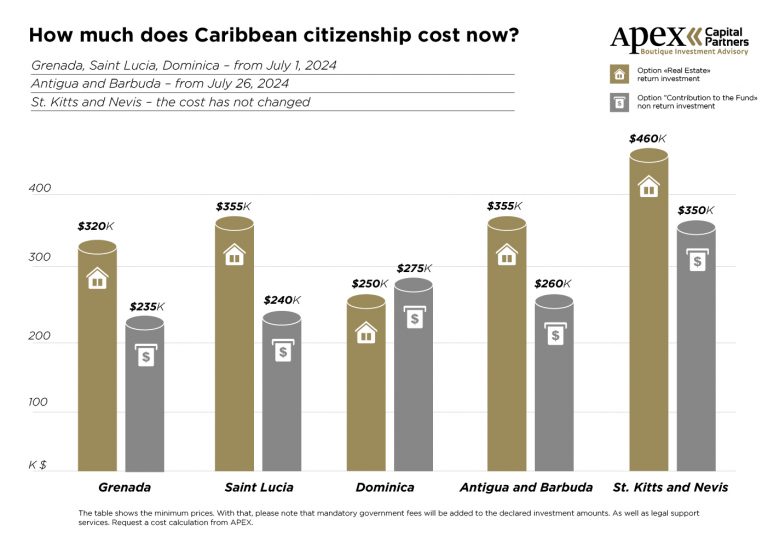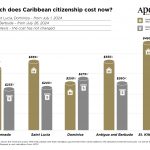Spain’s government promised in 2015 that it would grant citizenship to people of Sephardic Jewish descent (Sepharad is the Hebrew word for the Iberian Peninsula), a program publicized as reparations for the expulsion of Jews that began in 1492. And it was one of the world’s most unusual immigration proposals — offer of Spanish citizenship to Jews whose families it expelled more than 500 years ago.
In 1492, the year Christopher Columbus set sail, Spain’s Edict of Expulsion gave Jews a stark choice: Convert, depart, or die. At the time, Spain’s Jewish community was one of the largest in the world, though their numbers had diminished due to a series of massacres and mass conversions 100 years earlier. Jews had lived on the Iberian Peninsula for more than 1,700 years, producing philosophers, poets, diplomats, physicians, scholars, translators, and merchants.
Historians still debate the number of Jews expelled; some estimate 40,000, others 100,000 or more. Those who fled sought exile in places that would have them — Italy, North Africa, the Netherlands, and eventually the Ottoman empire. Many continued to speak Ladino, a variant of 15th-century Spanish, and treasure elements of Spanish culture.

So promise of Spanish citizenship to Sephardic Jews was a powerful gesture of atonement. The country today has one of the smallest Jewish populations in Europe: about 15,000 to 45,000 in a country of more than 46 million people.
Officially Spain stopped taking applications in 2019. But there are still thousands of people in the que waiting for an approval. Then rejections started pouring in this summer. Spain’s statistics and interviews with frustrated applicants reveal a wave of more than 3,000 rejections in recent months, raising questions about how serious the country is about its promise of reparations to correct one of the darkest chapters of its history, the Inquisition. Before this year, only one person had been turned down, the government said. Some 34,000 have been accepted.
At least another 17,000 people have received no response at all, according to government statistics. Many of them have waited years and spent thousands of dollars on attorney fees and trips to Spain to file paperwork. For example, one family from Venezuela spent nearly $53,000 to file the applications, depleting much of their savings.
Spain’s government said it was simply trying to clear out a backlog of cases. But lawyers representing applicants say they feel officials have had a change of heart on the program, which formally stopped taking applications in 2019. For applicants, it has left a sense of bewilderment and betrayal.
About requirements and the process
In a statement, Spain’s Justice Ministry, which is in charge of the applications, said that it had done its best to follow Spanish law and that it was only natural it would have to turn down many cases. The program began in 2015, when Spain’s Parliament unanimously approved a law that would grant citizenship to anyone who could show that they had a single Jewish ancestor who had been expelled during the Inquisition. Applicants need not be Jewish, the government said, and were not required to give up their current citizenship — but they would be asked to demonstrate that they could speak Spanish and pass a citizenship test.
Questions raised after the New Yorker’s recent investigation
César David Ciriano, an immigration lawyer in the Spanish city of Zaragoza, said that until this year, it was almost unheard-of for applications to be denied after they had been submitted to the government. This was because Spanish notaries — like the one Mr. Ramírez visited — acted as gatekeepers, approving an applicant’s Jewish heritage certificates, genealogy chart and other documents, before an application was formally submitted. Government officials were not allowed to overrule the notary’s decision, Mr. Ciriano said.
However, this year, officials suddenly began second-guessing the notary’s approvals, he said. “This is the first time I’ve seen such illegal behavior from the government,” Mr. Ciriano said.
At the moment we may suggest that this will be a ready-made scenario for the Portugal to shut down their similar program. But only time will tell.
Souces: The New York Times, The Atlantic










